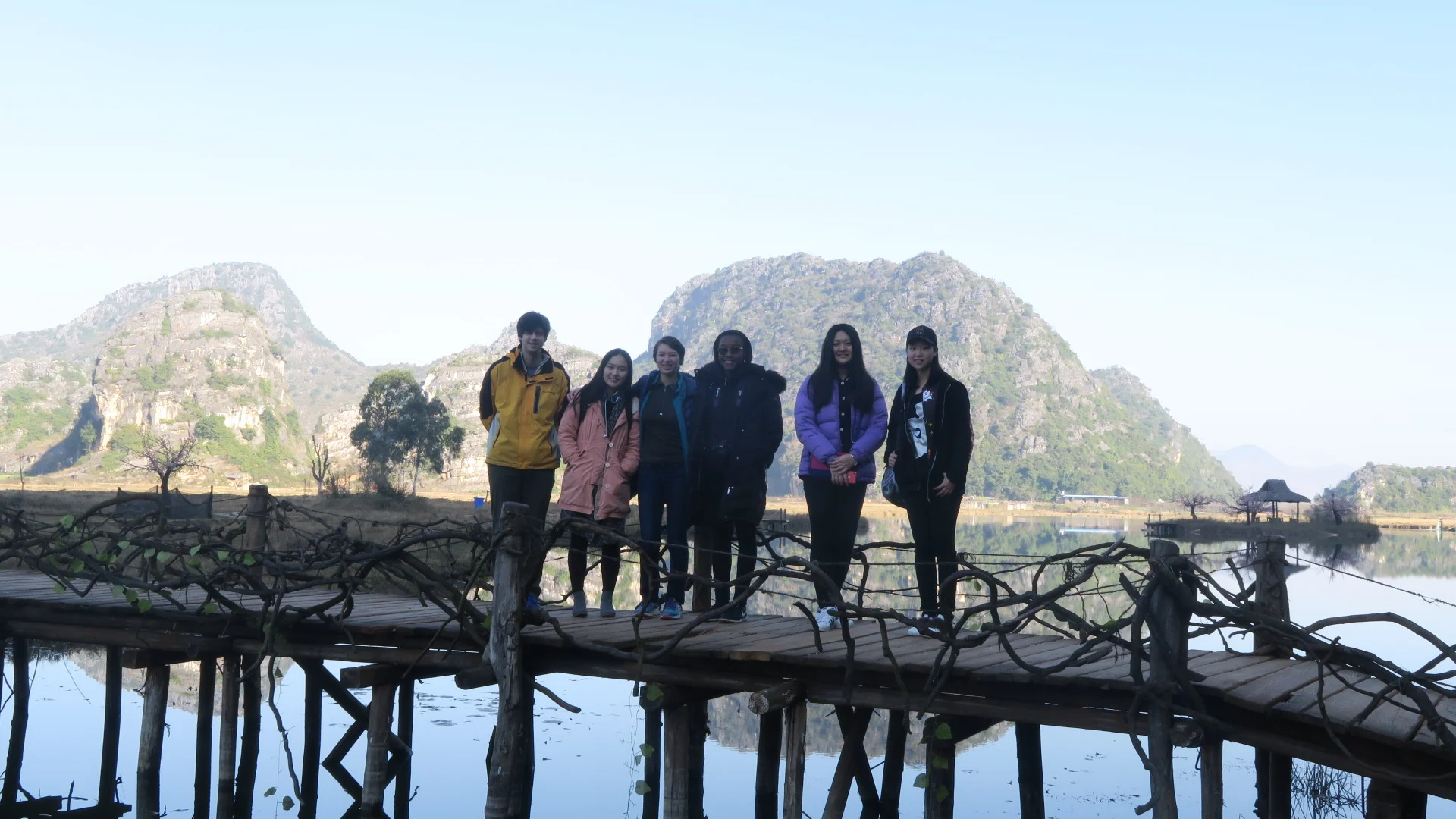In one village near the township of Qiu-Bei in Yunnan province, there is a four-year-old girl named little Zhao. Her family has five members; she and her parents and older siblings live in a small village that does not have a doctor. Her brother is 22 years old and makes a small income doing odd jobs, and her 18-year-old sister attends the local high school. Their family growns corn, peppers, and raises three pigs, which brings in only 3,000 yuan as their annual salary. 3,000 yuan is about $448, which in a large city like Shanghai, would only pay for about a month's rent. In the US, that could not even pay a month's rent in a single bedroom in San Francisco or New York.
Little Zhao's family is of an ethnic minority, dark in complexion and small in stature. None of them could speak Mandarin despite it being taught in schools. When little Zhao was 6 months old, her parents suspected that she may have an illness since she was no growing normally. She was diagnosed with congenital heart disease: a ventral septal defect. She was too young at the time to get surgery. She does not get as much oxygen as a normal child her age. She did not learn how to walk until she was two years old. She now appears to be the size of a one or two-year-old. She is in less than 3 percentile for her age group in both height and weight.
The surgery (for treatment) is generally very effective, especially for smaller VSDs. Little Zhao will soon be having this surgery at the FuWai hospital in Kunming, a few hours bus and train ride from where we examined her, QiuBei County Hospital. Now, she enjoys playing with her friends, but gets about one cold a month. She eats and drinks but has difficulty sleeping.
I really wanted to write about little Zhao because she is so sweet and personal. She was initially quite cranky and unwiling to be examined, but after she had a nap, she started running around us, giggling. My interaction with little Zhao and other patients like her, is one of hte movitations for my continuation into the field of healthcare and medicine.
While working with the citizens of Yunnan in a medical setting, I experienced their culture and humanity in a more intimate way than when I was traveling as a tourist. We felt like people helping people, rather than Americans coming to a foreign county to gawk at their clothing or buy their trinkets. Although I was merely helping with intake, interacting with the patients and their families to gather past medical history, family situation, and anything else helpful to the doctor, I was able to appreciate the doctor-patient bond and trust.
- Ning, USA, writing of a 4-year-old girl diagnosed with a VSD
Little Duan's mother was surprised with the doctor's diagnosis of her son... I asked her if she had ever considered the possibility that her son might have a congenital heart disease prior to the clinic visit and she said no. She told me she was aware of the smallness of her son, but she did not see a problem with that. Doctor Lian examined little Duan and confirmed that Duan has an ASD. Duan's ASD is about 8 mm in length, resulting in an 8x10 mm hole.
Little Duan will be having his ASD repair surgery at Kunming hospital. ChinaCal strongly recommends Kunming Hospital to all their patients because of how well trained their doctors are. Little Duan does not need to have open heart surgery. Rather, he will have catheter surgery. This procedure consists of carefully measuring the size of the ASD so the correct catheter size is used. After selecting the correct size, the catheter is inserted into the femoral vein in the leg. The catheter will then travel all the way up to the targeted part of the heart. Once the catheter has reached the hole in the heart, one side of the catheter will open and the other side of the catheter will open afterwards. The two sides of the catheter will then come together and seal the ASD. This procedure usually takes 30-45 minutes without complications.
- Selin, USA, writing of little Duan's diagnosis of atrial septal defect (ASD) and describing closure of it in the heart catheterization lab
Thank you as always for your valuable support. Your donations continue to help us to find and refer children for heart surgery in rural Yunnan, together with our volunteer students. We plan to host several more externships this year in support of this program.














